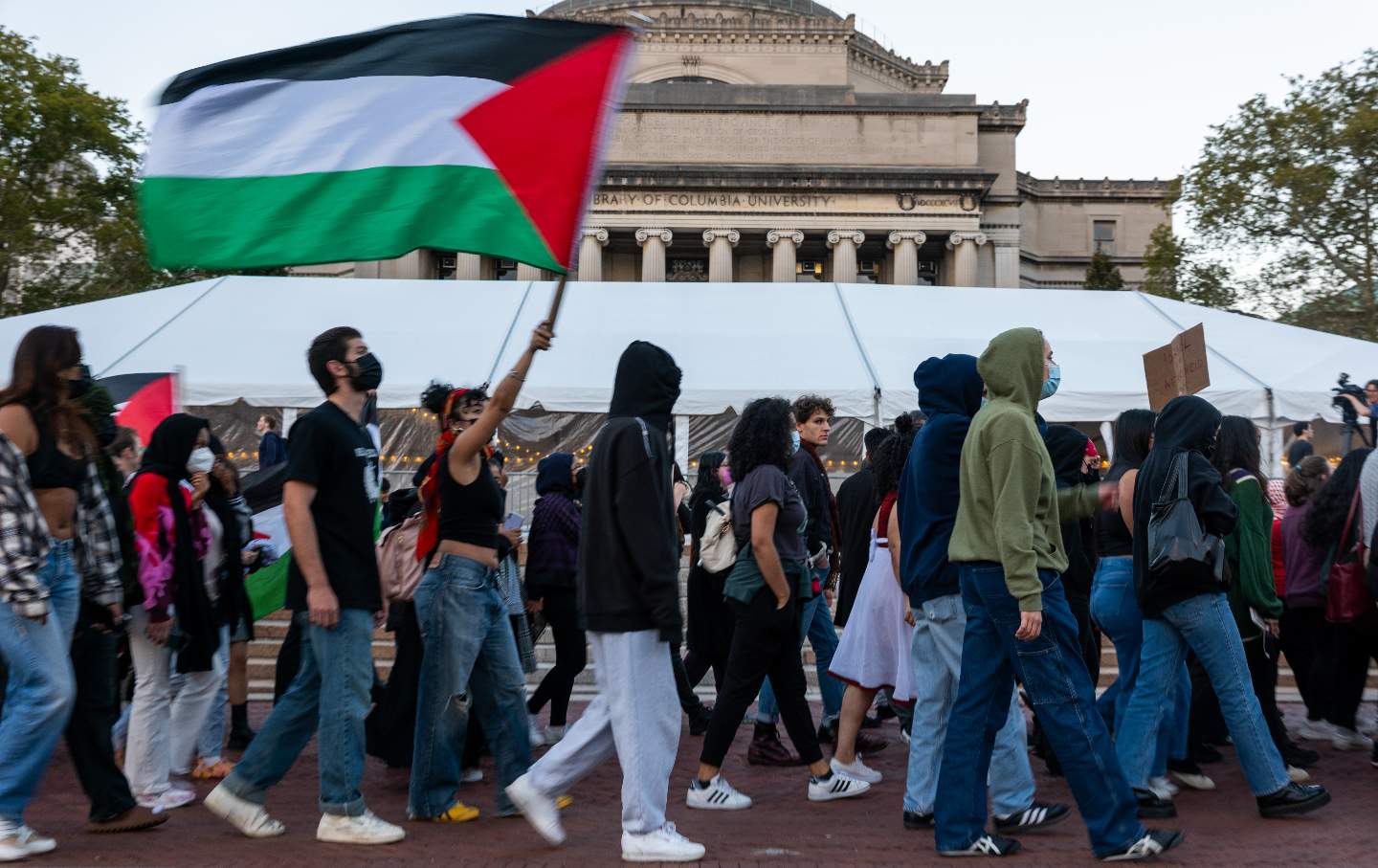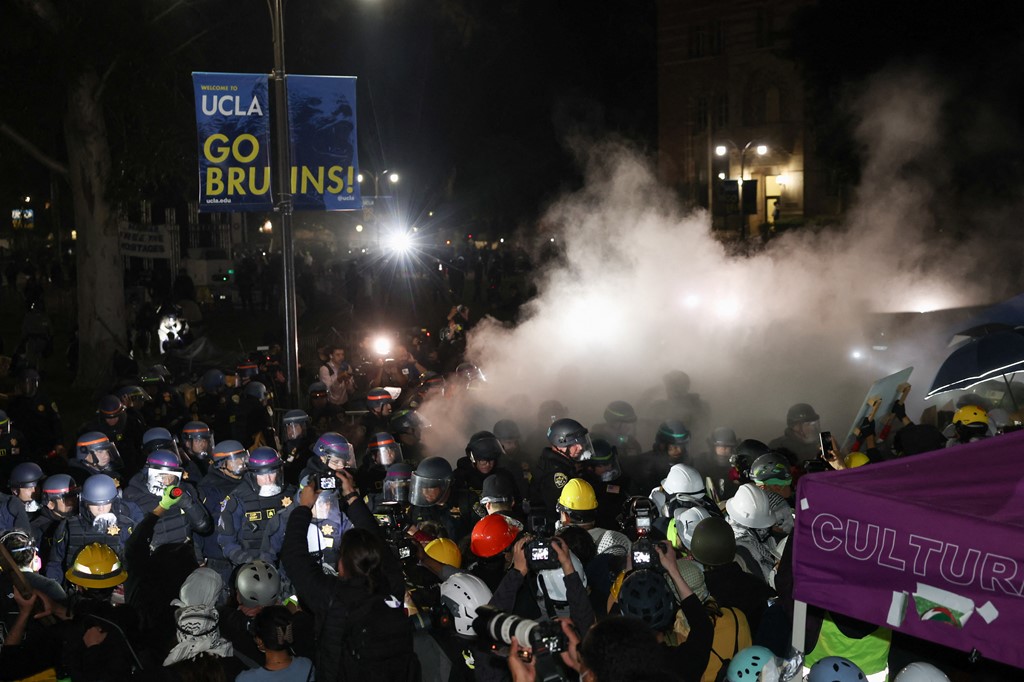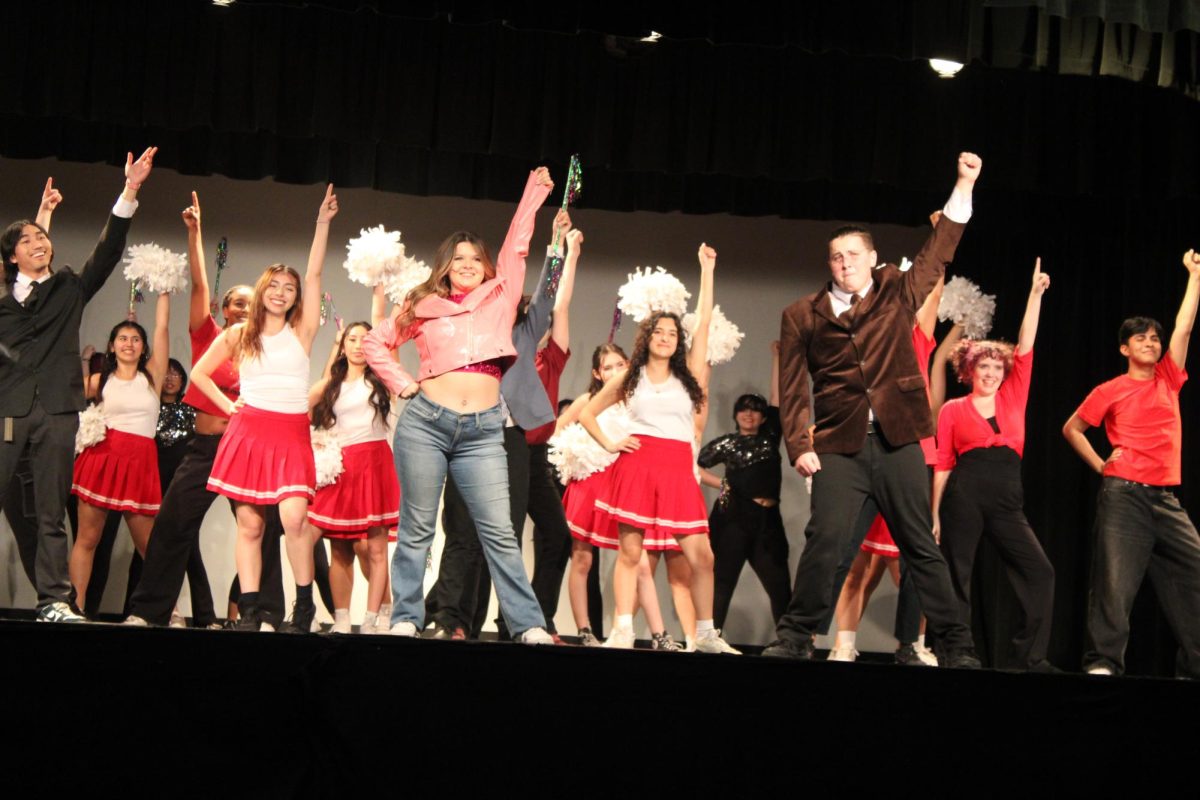The conflict in Gaza has sparked an uproar in protests at college campuses around the U.S. in which students, teachers, and people are demanding that schools divest from companies supporting Israel. Most of the protests have been peaceful (marches, holding signs, and chanting) but the response from each university varies. Here’s a recap of how universities have been responding to the protests.
UCLA
At the University of California Los Angeles, more than 200 protesters have been arrested. The protests at UCLA have been peaceful however many argue the university’s response has been dismissive of the demands from the protesters. Some argue that UCLA has even been neglectful when maintaining public safety on its campus. On April 30, 100 Israeli supporters attacked pro-Palestinian protesters with pepper spray and fireworks. The police response was delayed four hours in stopping the violence and showing up in riot gear to disperse the crowds and warning people over loudspeakers if they refused to leave they could face arrests. Student protesters had a standoff with police that eventually led to violence. Due to the protests, UCLA created a new office for campus safety and temporarily moved classes online. On May 6, around 43 protesters were arrested in the UCLA parking structure.
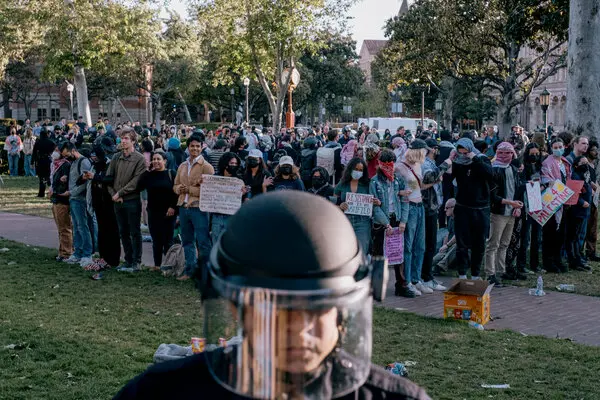
USC
Since the month of April, there have been many peaceful protests at the University of Southern California. There have been no reports of injuries however there’s been 100 arrests. Police have dismantled a Palestinian solidarity encampment and the school has canceled its main commencement ceremony due to protests however the school is doing smaller celebrations. The class valedictorian, Asna Tabassum, had her graduation speech canceled because of her Pro-Palestinian views, and others claimed some posts on her social media were anti-Semitic. The university said it was done for safety concerns, but others believe it was done to silence pro-Palestinian viewpoints.
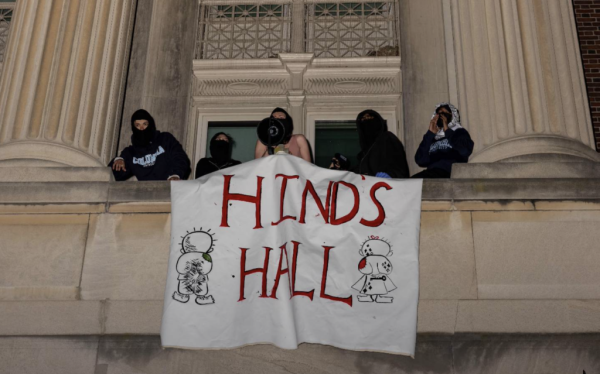
Columbia
University of Columbia in New York is where the pro-Palestine protests started. At first, there were peaceful protests and encampments. Due to the unresponsiveness from Columbia, the protests moved indoors. The protesters formed a barricade to block police, then broke into the Hamelton Hall and renamed it Hinds Hall. The name was to honor Hind Rajab, a six-year-old girl in Gaza who was bombed in a car while waiting for medical help. When the police broke through the barricade, they entered the building and forcefully cleared the students. About 50 protesters were brutally arrested that night. Columbia has canceled its main graduation ceremony however plans to hold smaller ceremonies continue to be discussed.
Some universities have been receptive to the protesters and are open to discussion and divestment from Israel while others are unwilling to negotiate. Columbia says they will not divest from Israel, however many others like Brown University and The Evergreen State College seek to have open dialogue about divesting and trying to come to an agreement with the school and the students.


